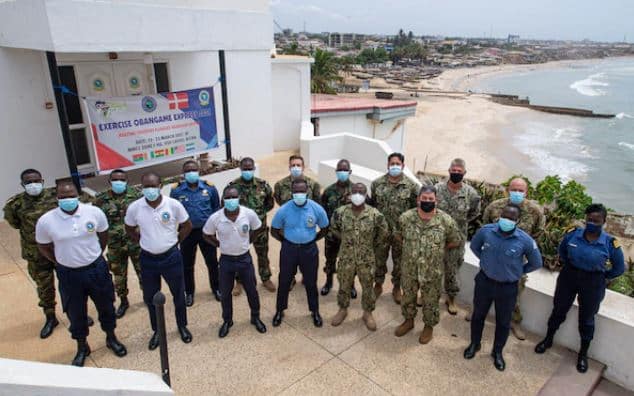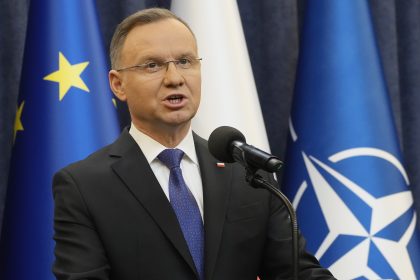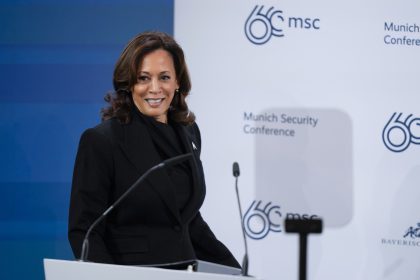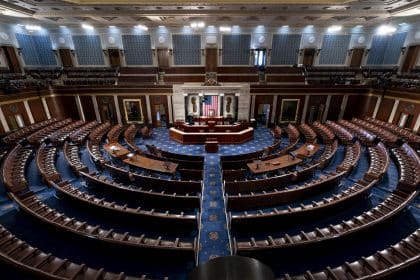The US Funds First-Ever West African Counterterrorism Joint Ops

This week the first-ever west African joint ops brought together counterterrorism investigators and their judicial counterparts across Mali, Burkina Faso, and Niger.
The training took place across all three countries with cross-country coordination “where appropriate,” according to a written statement from the U.S. Department of State.
The exercises draw from real-world scenarios and follow the two-week terrorism investigation courses conducted by the Department of State Antiterrorism Assistance Program in Mali and Niger and an analysis course in Burkina Faso, the department said.
The courses emphasize evidence collection and cooperation with judicial authorities.
This week’s joint operations received funding and participation from the Department of State’s Antiterrorism Assistance Program, and they occurred in the first half of the week.
The U.S. has sponsored similar joint operations in East Africa since 2014. The DOS has said of the training exercises in East Africa that they emphasize the department’s role in building up the capacity of the region to fight terrorism.
Congress’s mandate for the antiterrorism assistance program outlines a threefold objective for the program: to “build counterterrorism capacity of friendly countries, to enhance bilateral relationships, and to increase respect for human rights.”
The West Africa region is of particular concern since it is fueling the Sahel Crisis, one of the largest displacement crises in the world. All three of the countries involved with this joint op have been affected by the millions of people displaced by violence, hunger, and other disasters. The U.S. committed about $80 million to address the crisis earlier this month.
The situation in these countries is extremely volatile.
The frequency of attacks has increased 250% since 2018, according to the DOS. The area of these attacks has enlarged in north and central Mali as well as the Tri-Border Region of Burkina Faso, Mali, and Niger. Terrorist groups linked to al‑Qaida, like Jama’at Nasr al-Islam wal Muslimin, and to ISIS, such as ISIS-Greater Sahara, launch attacks in these areas, in addition to other, nonaligned terrorist groups.
The G5 Sahel Joint Force, which includes all three of the countries in this joint operation and was launched to coordinate counterterror operations, remains unable to rout terrorist groups, according to the DOS’s own country reports. They remain dependent upon UN and French forces for basic security.
They are also racked by deep internal problems. Mali, for instance, has struggled to maintain a government. The country has seen an increase in corruption, torture, extrajudicial slayings, government-backed use of child soldiers, child labor, violence against women and LGBTQ people, human trafficking, arbitrary murders, and other forms of gruesome behavior by ethnic militias, the government, terrorists, and other armed groups. Mail’s security forces have been increasingly accused of slaying civilians and “forced disappearances,” and government accountability is nonexistent. Military forces from Burkina Faso and Niger have also been accused of committing abuses in Mali, according to U.S. country reports.























